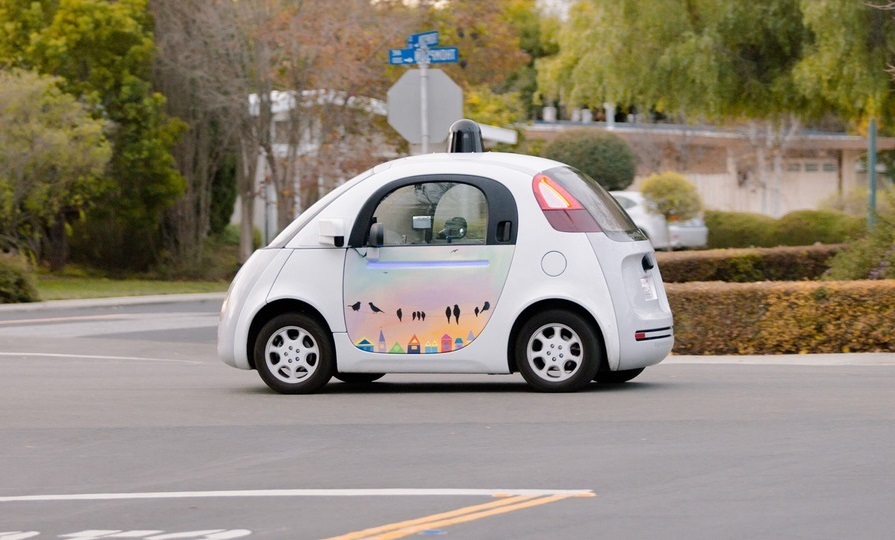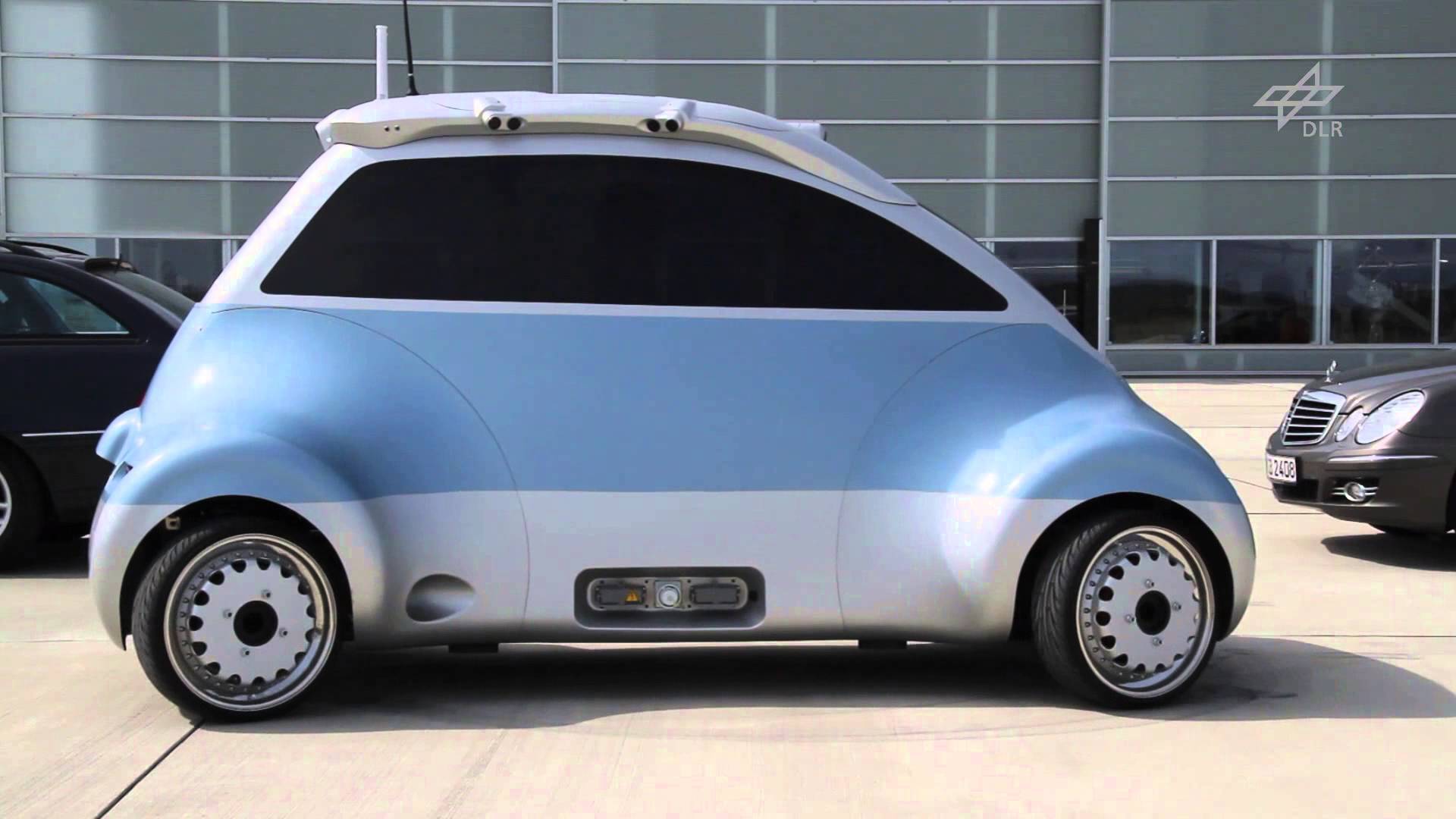Robomobili will help to "pour" into the global economy trillions of US dollars

Now about cars with fully autonomous control system does not speak and does not write only lazy. New companies that develop such systems appear literally every day. No wonder, because such startups, which have achieved certain results, buy technology corporations for tens and hundreds of millions of US dollars. Experts predict success, according to many experts, that they will become the transport of the future.
The introduction of machines with a fully autonomous control system can bring a lot of good. For example, replacing conventional cars with robots can save about 600,000 lives up to the year 2045, since it is believed that there will be far fewer accidents if the robots are popularized; There are also pluses. For example, analysts from a number of companies, including Strategy Analytics, argue that the arrival of cyber-auto will expand the volume of the global economy, increasing it by $ 7 trillion over three decades. Only in the US economy by 2050, cars with an automatic control system will help to “infuse” about $ 2 trillion.
It is clear that most of the revenues and fame will go to those companies who can be the first to release a reliable and, most importantly, massive mobile. For this reason, modern companies are trying hard to come forward. So far, Google is doing best of all, but corporations are stepping on their heels and other developers, including Tesla Motors, Toyota, Mercedes, Volvo, KAMAZ and several other companies.
Where do all these trillions of dollars come from? Analysts point to several possible reasons for the growth of the global economy, some of which are fairly obvious, others not.
One of the reasons is Big Data, a huge amount of data generated by roboMobiles. After all, robomobils work with more and more information. Over time, this trend will only intensify, more and more “road” information will flow into the “clouds” of automotive companies and services. What is the driver's name, what is his mood now, where is he now, where is he going, what is the weather, how many traffic jams are just a small fraction of what will be stored and processed on the servers of transport companies. In general, data processing is an area that is steadily expanding. And by 2030, the volume of this market only due to smart cars will grow by $ 750 million US dollars. Storage, structuring, analysis of information - all this is very important.
It may seem that people in technology companies will gradually replace robotic systems (in fact, this is most likely the case). After all, even now robots of various kinds can perform the standard work of a regular clerk. But these same robots and related systems require preventive maintenance, repair and constant monitoring. And the more such systems - the more specialists will be required, the more jobs will appear.
Habitual jobs, for example, truck drivers, urban public transport drivers will become a thing of the past. For example, in the next five years only in the USA automation can leave about 4 million people out of work. But with this, there will be much more new jobs in new high-tech enterprises, factories and plants.

No matter how smart the car is, it will not repair itself for the next dozen years. Maybe sometime self-repairing cars will appear, but this will happen very, very soon. But in a smart car there are much more elements that need maintenance than in a standard car. This is not only purely automotive hardware, but also computer systems. Everything goes to the fact that an ordinary motorist is unlikely to be able to repair his high-tech transport in 5-10 years. This will require special equipment and education. Auto mechanics will have to do much more than now, and they will need knowledge and skills from the field of information technology. And this is not about a “PC operator”, but a specialist who can restore complex computer systems. The more robo-mobile will be, the more specialists of a new type will be needed.
Most likely, most robo-mobile will be electric or hydrogen. In any case, already now a number of states are planning, with the help of legislation, to gradually change the balance in favor of electric vehicles. Accordingly, the necessary and all sorts of elements and systems for such machines, which means - they need specialists in their creation, production facilities, logistics, etc. As an example, Tesla Inc.'s Gigafabrika, which is already seriously changing the alignment in the production of lithium batteries. In the future, there will be more and more such productions, so that all the usual configuration of the industrial economy, which is related to roboMobiles, will change.
There will be other specialties that are not yet known. Now it is difficult to predict what these professions will be and how many new specialists will be needed, since the future is too vague. Nevertheless, it is already clear that by 2020, the first full-fledged robomobili will begin to appear on public roads, so the economy will change in five years. streams associated with these changes. Well, after a few decades, the global economy will receive the same additional trillions of US dollars, which were discussed above.
All Articles